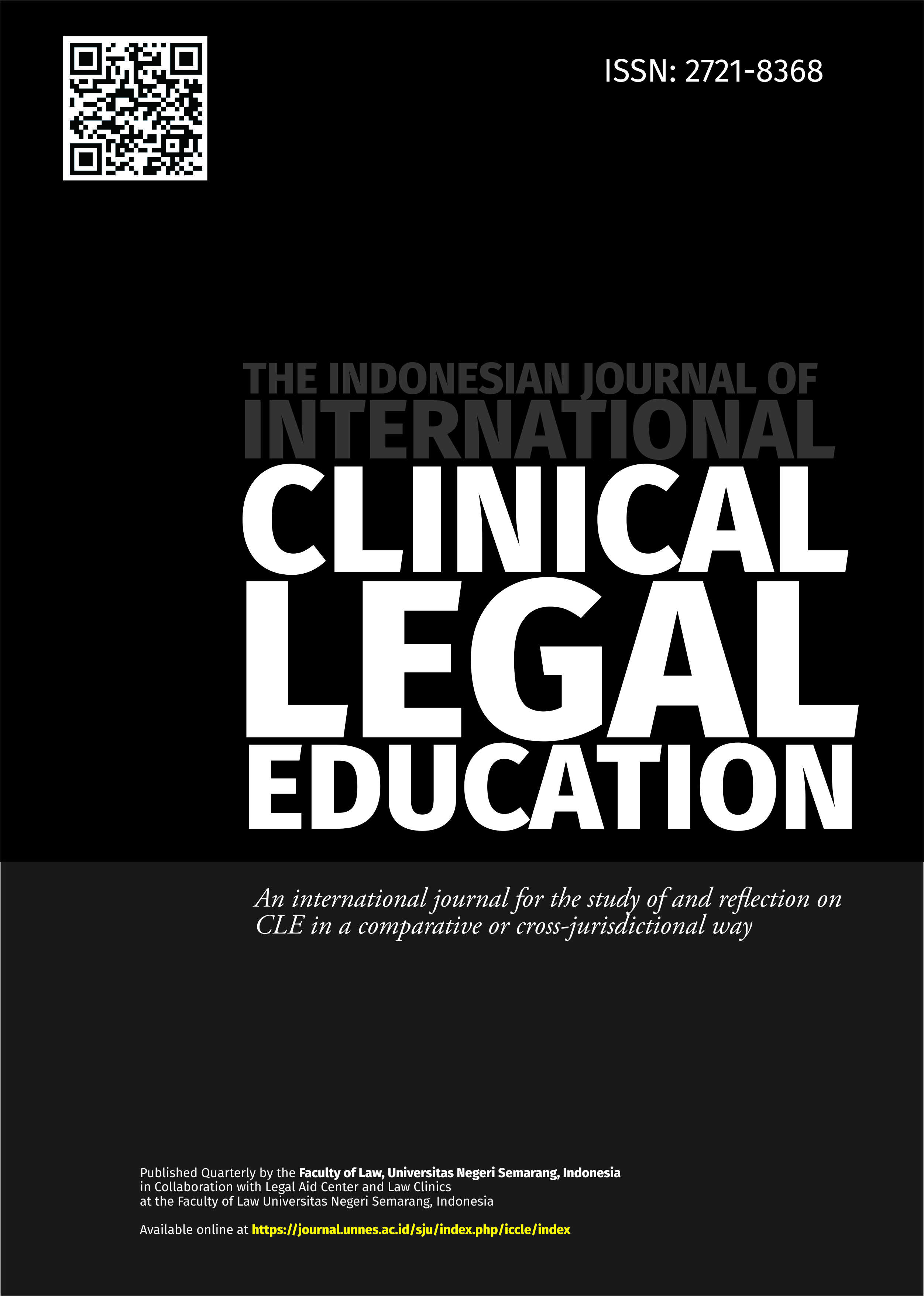Sociological Approach to Eradication Corruption in Indonesia (Alternative to Imprisonment)
Main Article Content
Abstract
Punishment of corruption not quite put in the context of law enforcement, leading to sanctions of imprisonment. Reality shows more than 600 state officials have been convicted of corruption but the rate has no effect at all to prevent the corruption. If no breakthrough is the law, the state can be called a defeat and to its knees at the foot of criminals. As a result, Indonesia can be called a heaven for criminals country. As a rule of law, law enforcement must be done in a holistic and integrated. Thus the imprisonment should also be offset by imposing sanction corrupt social order to be cured/deterrent. Make criminals real deterrent is not an easy step, but in need of understanding and synergy between the law enforcement community on the one hand with the other hand to continue to spread the spirit of corruption eradication in all social strata. The imposition of sanctions of imprisonment must also be followed by removal of political rights, especially the right to have occupied political positions both in government agencies and representatives (DPR). Sanctioning the disenfranchisement of political rights for a time after undergoing convict prison, is a powerful tool and a non-penal nature to combat corruption.
Article Details
The copyrights of the article in Indonesian J. Int'l Clinical Leg. Educ. is on the Author(s), however, before publishing, it is required to obtain written confirmation from Author(s) in order to ensure the originality (Author Statement of Originality). The statement is to be signed by at least one of the authors who have obtained the assent of the co-author(s) where applicable. This work licensed under a Creative Commons Attribution-ShareAlike 4.0 International (CC BY-SA 4.0). All writings published in this journal are personal views of the authors and do not represent the views of this journal and the author's affiliated institutions.
References
Document: 7th Congress, Guiding Principles for Crime Prevention and Criminal Justice in the Context of Development and a New International Economic Order, UN Department of Public Information, August, 1988.
Gunawan, TJ. 2015. Konsep Pemidanaan Berbasis Nilai Kerugian Ekonomi. Genta Publishing, Yogyakarta.
Huntington, Samuel P, 1995. Gelombang Demokratisasi Ketiga, Intermasa, Jakarta.
Muladi, 2002. Lembaga Pidana Bersyarat, Alumni, Bandung.
Nawawi Arief, Barda, 1994. Beberapa Aspek Kebijakan dan Pengembangan Hukum Pidana, Citra Aditya Bakti, Bandung.
Nawawi Arief, Barda, 2009. Bunga Rampai Kebijakan Hukum Pidana, Perkembangan Penyusunan Konsep KUHP Baru, Kencana Prenada Media Group, Jakarta.
Peter, Mahmud Marzuki, 2005. Penelitian Hukum, Kencana Prenada Media Group, Jakarta.
Pope, Jeremy, 2003. Strategi Memberantas Korupsi, Elemen Sistem Integritas Nasional, Yayasan Obor, Jakarta.
Soedarsono, Boesono, 2009. Latar Belakang Sejarah dan Kultural Korupsi di Indonesia, UI Press, Jakarta.
Soekanto, Soerjono, 1985. Pengantar Penelitian Hukum, UI Press, Jakarta.
Soemardjono, Maria SW, 1996. Pedoman Pembuatan Usulan Penelitian, Ghalia Indonesia, Jakarta.
Soemitro, Ronny Hanitijo, 1990, Metodologi Penelitian Hukum dan Jurimetri, Ghalia Indonesia, Jakarta.
